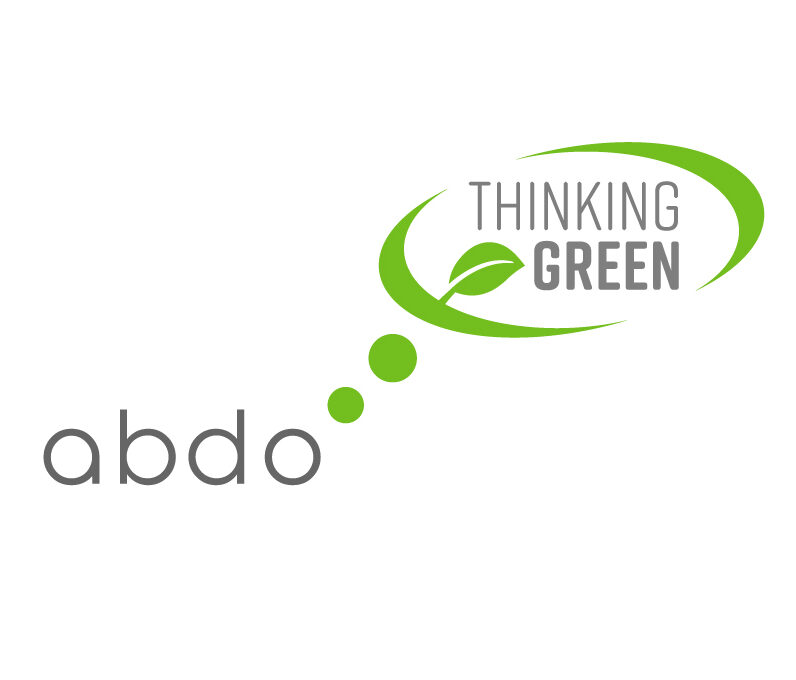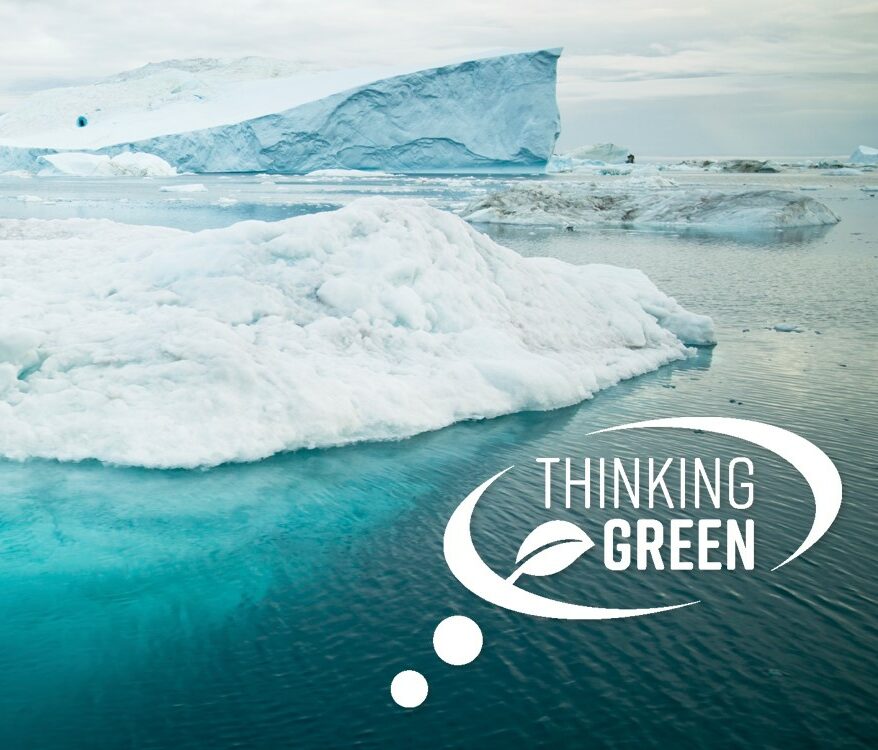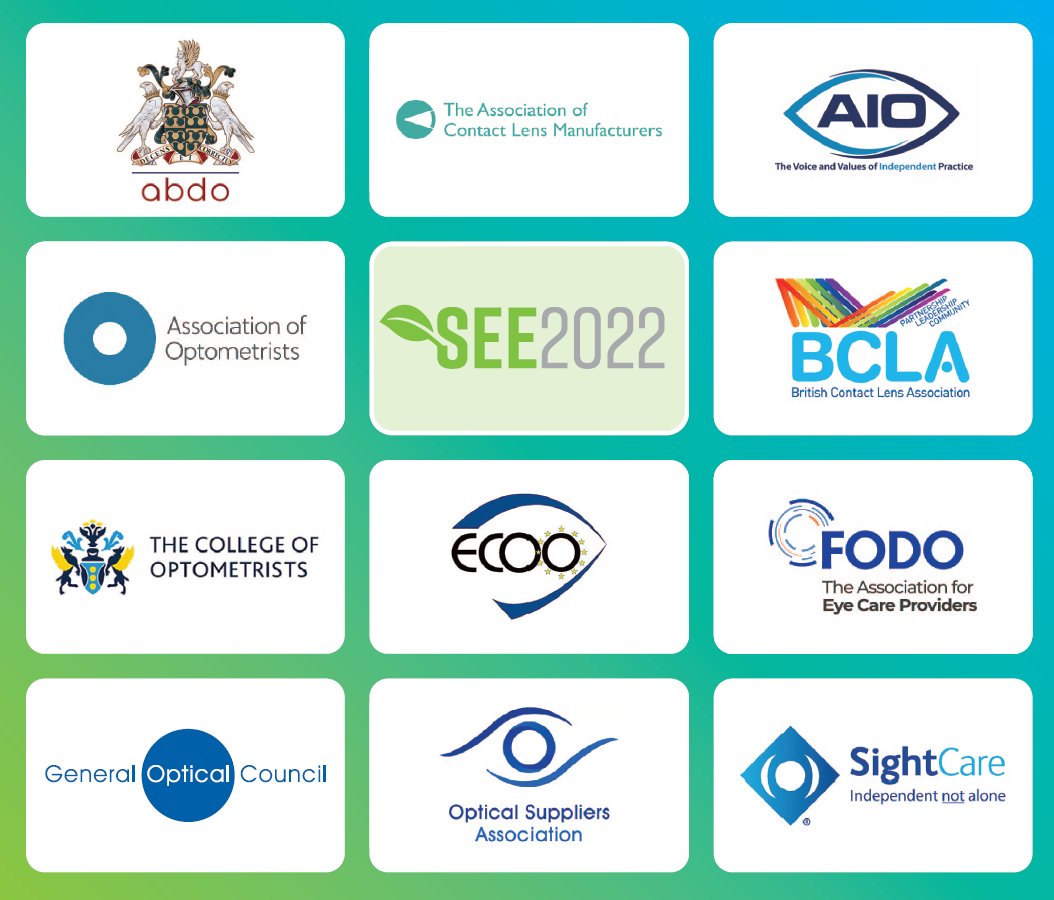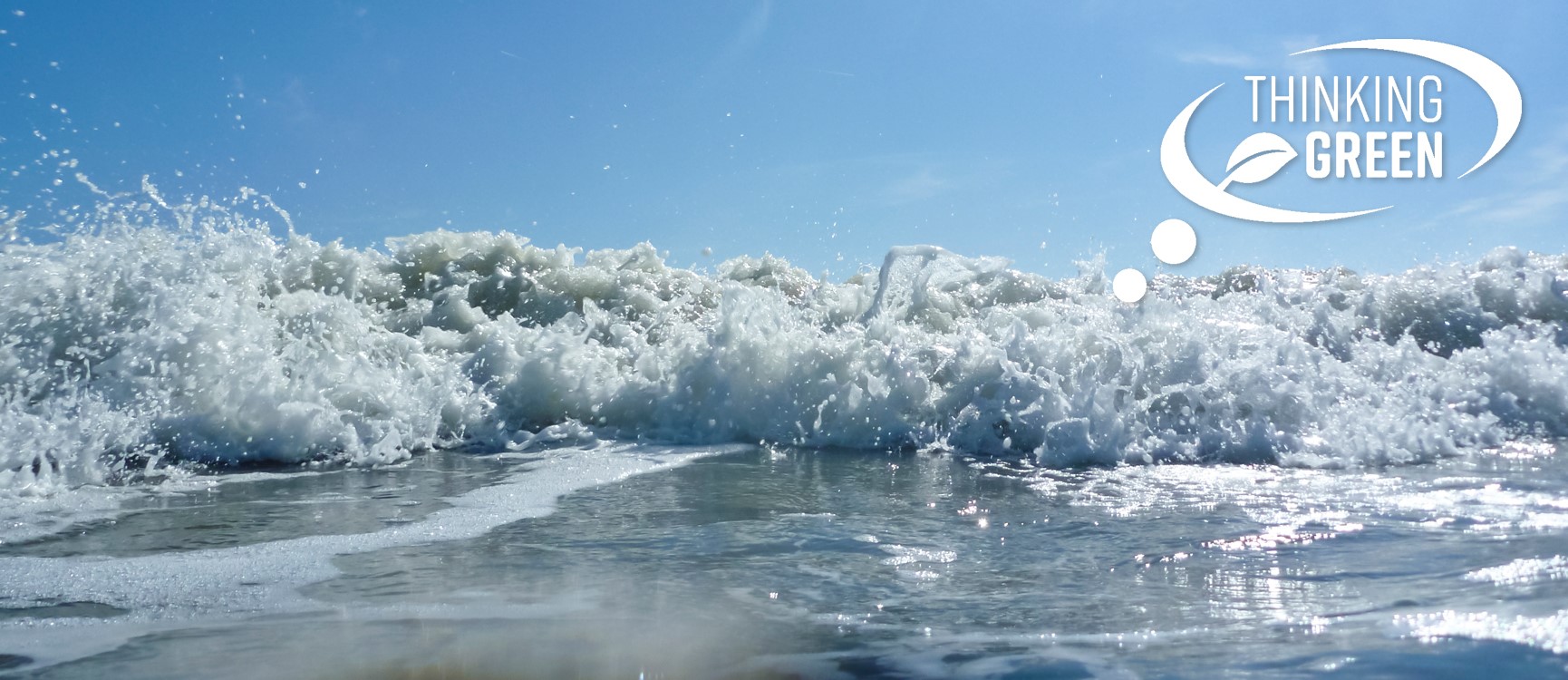
Recycle, reuse and reduce with Woodhouse the Opticians
Find out how Sukie Woodhouse, practice owner with her business partner Stephen Woodhouse at Woodhouse the Opticians in Blackpool, Lancashire have made their practice environmentally friendly.
How did your journey to become environmentally friendly start?
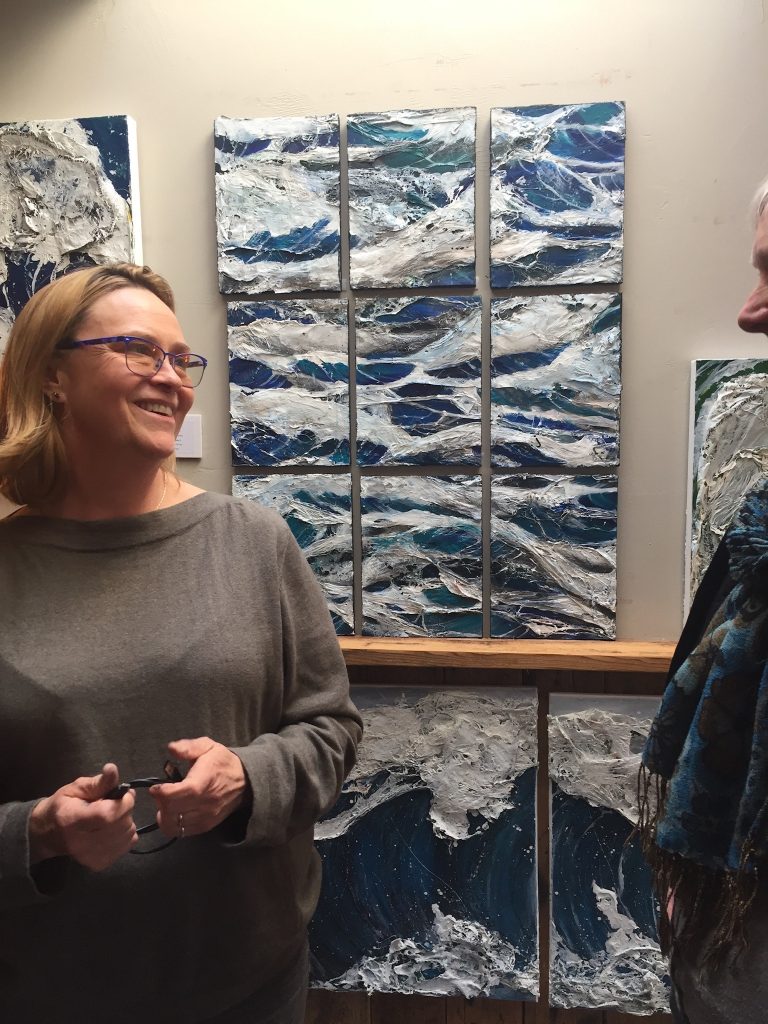
I became an active operational partner just under two years ago. Previously I had been a full-time artist and designer and my most recent exhibition had been a series of paintings entitled, ‘#each breaking wave’ in which I incorporated flotsam and jetsam lots of micro plastics and discarded fishing gear collected from local NW beaches. I also combined plastic packaging from my weekly shop for the family. My awareness of plastic pollution in the world’s oceans and the shear volume of single use plastics from every industry was heightened. As a result, the moment I began working within our practice I was overwhelmed with how much wasteful packaging the industry uses.
What initiatives have you started in practice?
I began by looking at all aspects of our operations and picking the low hanging fruit. I first contacted our refuse removers and discussed what they need from us to recycle our rubbish, which contained a large quantity of cardboard, more effectively we began stacking cardboard separately and bundling it for their removal. Next, I spoke to our lens suppliers and asked them to re-use boxes for sending out lenses. I also interviewed every rep and company who supplies us to ascertain what their eco commitment is and how there are protecting the environment. This led to some changes in our suppliers. Knowing that the cheaper frames are sourced from China I was unable to be adequately reassured on their eco commitment but have some peace of mind that their ethical approach is in line with good practice. We now offer options on re-using frame cases – pre-loved we call them, and I have sourced a supplier who can get me felt cases rather than metal or plastic ones and we are phasing out the plastic frame cases. We have switched to re-fillable bottles of cleaning solution, and I am stopping any alcohol-based cleaning solutions. We have switched to only eco based practice cleaning products except for bleach (only used as the pandemic has been an issue). All our refuse sacks are also biodegradable. We re-cycle all PPE now with Zero
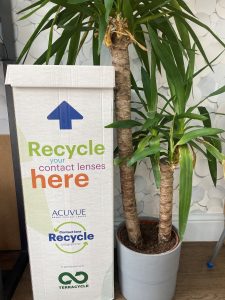
Waste Plastic Re-Cycling. We re-cycle all contact lenses with Tetra Cycle and actively encourage patients to return used ones to us. We re-cycle frames with Lions Club, London for use in the third world. We choose ranges of frames with an eco-commitment including ‘eco’ and ‘Sea2See’. We fill eco-bricks with plastic wrapping when we can and keep them in the communal staff areas eventually these will be used to build structures in my garden!
What has worked really well?
Awareness raising and the PPE re-cycling. Response from suppliers many of whom have been forced to look at their practice on eco grounds because of my questions. What barriers are you facing to going further?
And how could the industry change to break through these?
Staff buy in- in an ideal world their commitment to filling the eco bricks and questioning the disposal of plastics could be improved. All companies who supply the optics industry should use re-cycled or re-cyclable products in their packaging. NO MORE TINY PLASTIC BAGS! Lens manufacture involves a huge amount of waste plastic – I have seen the waste plastic mountains – there must be a way this waste can be re-purposed perhaps as frames? What are the next steps in your eco-journey? I keep speaking to other independent practice owners for their insights. I plan to change supplier of solutions as I believe there are those who use re-cycled plastic bottles as well. We are moving slowly to a paperless organisation brining all our patient data online. Ultimately, I would like to source frames solely from the eco market.
And what advice would you give to other practitioners looking to make their practice environmentally friendly?
Simply look at all your daily behaviours and consider how you can have less impact on the environment. Even small changes over time have large impact.
